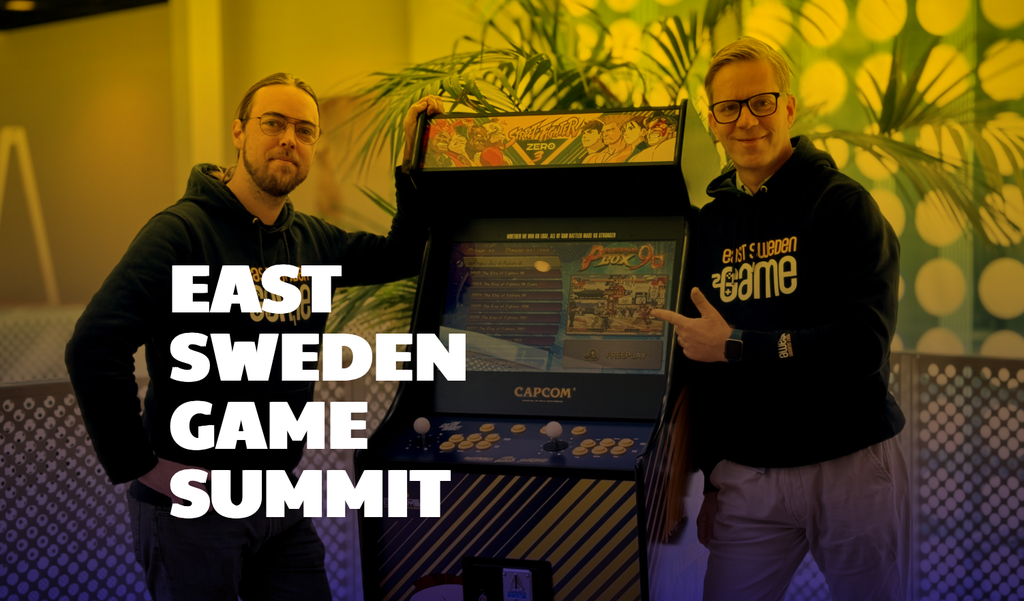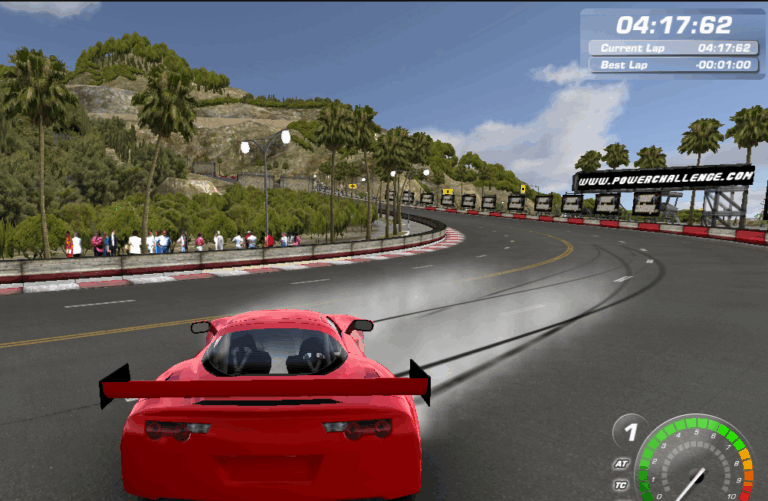From play to purpose: How game technology powers real-world change
At this year’s East Sweden Game Summit, one of the most forward-thinking sessions on the program is Games for Change – exploring how gaming technology and design can strengthen public safety, cybersecurity, and learning.
Among the speakers is Nils Folker, founder of Lutra Interactive, a studio that transforms the creative power of game engines into tools for training, simulation, and visualization. By blending storytelling, design, and technology, Lutra Interactive makes complex systems understandable, helping industries like logistics, law enforcement, and infrastructure prepare for the unexpected.
From entertainment to infrastructure
For Lutra Interactive, the transition from entertainment to professional use isn’t about changing the essence of games. It’s about using the same creative frameworks to tackle new challenges.
“From a technical perspective, a game engine offers a lot of functionality that lets us create almost anything,” says Nils. “But many of these features are designed for entertainment. When we build visualizations for logistics or simulations for safety systems, we sometimes need to extend or redesign those functions entirely.”
Game engines like Unreal and Unity are known for their flexibility. Originally built to power immersive worlds, they now serve as backbones for everything from digital twins and training environments to forensic visualization. In that shift, the creative mindset of game development meets the precision demands of sectors like public safety and cybersecurity.
The power of engagement
Games also bring something many traditional tools lack – motivation.
“One of the strongest aspects of games is how they engage players in completing complex tasks,” Nils explains. “It’s the reason someone can spend hundreds of hours learning physics in Kerbal Space Program or start running because a zombie-themed fitness app made it exciting.”
That power to engage translates directly into learning, preparedness, and decision-making. When used in security and emergency simulations, game logic helps professionals train for high-pressure situations, retain knowledge, and respond faster, all through experience rather than instruction.
Balancing creativity and precision
As gaming technology steps into serious contexts, precision becomes as crucial as playability.
“In entertainment, a room that feels good is just the right size,” says Nils. “But when visualizing a crime scene or designing a logistics simulation, you need to be sure about the level of accuracy required. It’s always worth starting with research and asking the end user what really needs to be right.”
That blend of creativity and technical discipline is where innovation happens, and where East Sweden’s game developers are making their mark.
Beyond the screen
For Nils Folker, the takeaway is simple:
“Game technology is an amazing tool that can be used to solve almost anything.”
At Games for Change, that message becomes clear: the same tools that entertain millions can also make society safer, smarter, and more resilient.
East Sweden Game Summit 2025 takes place on November 20 at Spektrum in Ebbepark, Linköping, gathering developers, researchers, and industry professionals to explore how gaming technology drives innovation beyond entertainment. The Games for Change session runs during the afternoon program — don’t miss the chance to hear how experts from Lutra Interactive, the Swedish Police and AI Sweden are shaping the future of serious gaming.
Read more about East Sweden Game Summit 2025 and sign up here.
















